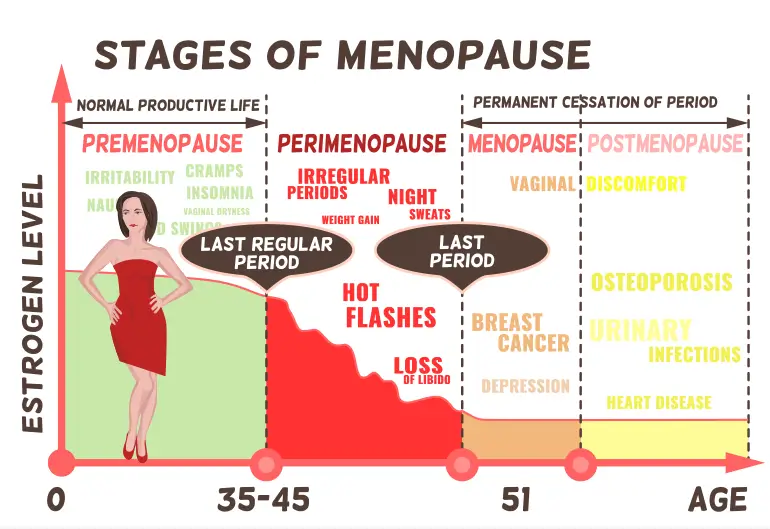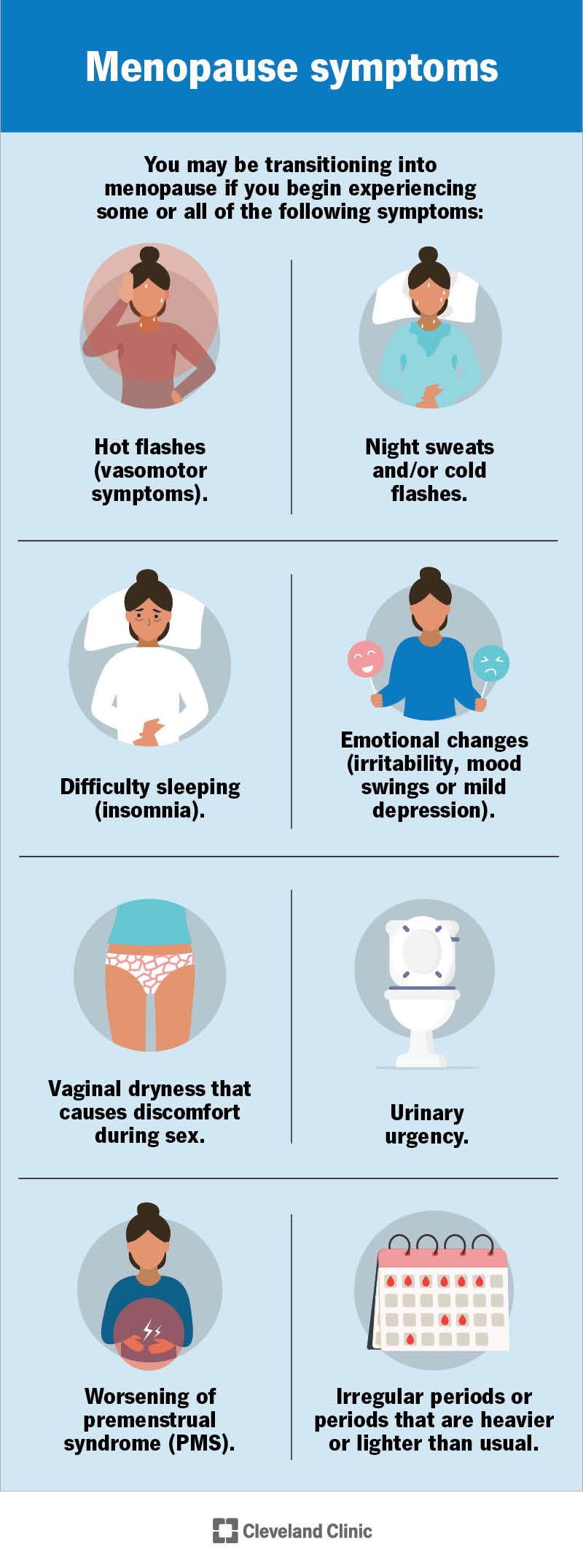Have you ever wondered what truly signals the end of menopause? It’s a significant phase in a woman’s life, and understanding the signs can help you navigate this transition more smoothly. You may feel a swirl of emotions and confusion during this time, but you’re not alone in asking these questions.

What is Menopause?
Menopause marks the end of your menstrual cycles, and it usually occurs in your late 40s to early 50s. The transition can start years before you actually stop having periods completely and is characterized by changes in hormone levels, primarily a decrease in estrogen. It’s a natural biological process, but that doesn’t make it any less complex.
Perimenopause: The Transition Phase
Before you officially hit menopause, you enter a phase called perimenopause. This stage can last several years and is often when you start experiencing signs and symptoms.
- Symptoms of Perimenopause:
- Irregular periods
- Hot flashes
- Mood swings
- Sleep disturbances
You might even notice physical changes, like weight gain or changes in skin texture. It’s helpful to monitor your symptoms during this phase, as they can provide clues about the transition to menopause.
The Final Menstrual Period
The end of perimenopause culminates in the final menstrual period. But how do you know when that final period has arrived? It’s essential to understand that the definition of menopause is the time in a woman’s life when she goes a full 12 months without a menstrual period.
Tracking Your Menstrual Cycle
Keep a record of your menstrual cycle leading up to your last period. Many women find this helpful:
| Cycle Day | Notes |
|---|---|
| 1 | First day of your period |
| 10 | Duration of menstruation |
| 20 | Symptoms experienced |
| 30 | Any significant changes |
Writing down the dates and symptoms can help identify patterns and alert you to significant changes in your body.
Signs That Menopause Has Ended
Understanding the signs that signal the end of menopause is crucial. After 12 continuous months without a period, you’ve officially reached menopause. However, you may still have lingering symptoms even after this point.
Persistent Symptoms
Even after menopause, some symptoms can stick around for a while, including:
- Hot Flashes: These can continue for several years post-menopause.
- Vaginal Dryness: Decreased estrogen levels can lead to this uncomfortable symptom.
- Mood Changes: Emotional fluctuations may persist as your body adjusts.
Knowing this can help manage your expectations and equip you to handle any lingering effects more gracefully.
The Role of Hormones
Menopause predominantly involves changes in hormone levels, particularly estrogen and progesterone. As these hormones decline, various bodily functions adjust, leading to the myriad symptoms you may face.
Estrogen’s Impact
Estrogen plays a vital role in several bodily functions, including:
- Regulating the menstrual cycle
- Supporting bone density
- Influencing mood and cognitive function
Being aware of how estrogen influences your body can empower you to take proactive steps in maintaining your health.
What Can You Do?
After understanding the signals related to the end of menopause, your next thought might be, “What can I do to help myself?”
Lifestyle Changes
Adopting a healthy lifestyle can help manage symptoms and promote overall well-being:
- Nutrition: A balanced diet rich in fruits, vegetables, and lean proteins can be beneficial.
| Food Group | Types of Foods |
|---|---|
| Fruits | Berries, apples, bananas |
| Vegetables | Leafy greens, bell peppers |
| Lean Proteins | Chicken, fish, legumes |
- Exercise: Regular physical activity can help alleviate symptoms like mood swings and weight gain. Consider incorporating both aerobic and strength training exercises.
Medical Options
If your symptoms become overwhelming, consult your healthcare provider. They can offer options such as:
- Hormone Replacement Therapy (HRT): This treatment can relieve symptoms by replacing estrogen and progesterone.
- Non-Hormonal Medications: Options are available if HRT isn’t suitable for you.
Having a conversation about these options can help you find the right approach to manage your health.
Emotional Well-being and Support
Menopause can also take a toll on your emotional health. Understanding the emotional changes you might experience and how to cope is vital.
Emotional Changes
You may find that hormonal changes lead to increased irritability, anxiety, or mood swings. This can impact your relationships, work life, and overall quality of life. Here are a few tips to manage emotional changes:
- Connect with Others: Sharing experiences with friends or support groups can provide comfort.
- Mindfulness and Relaxation: Techniques like yoga, meditation, or deep breathing exercises may alleviate anxiety.
Building a support system and practicing self-care is crucial during this transition.

Long-term Health Considerations
After menopause, your health needs may shift, requiring more attention to prevent long-term health issues such as osteoporosis and heart disease.
Importance of Bone Health
Lower estrogen levels significantly impact bone density. Consider the following:
- Calcium-rich Foods: Aim for dairy products, leafy greens, or fortified foods.
- Vitamin D: This vitamin aids in calcium absorption. Fortified foods and sunlight exposure can help.
Knowing how to protect your bone health is key as you transition into this new phase of life.
Heart Health
Menopause can also affect your cardiovascular health. After menopause, women are at a higher risk for heart disease, so it’s important to consider:
- Regular Check-ups: Monitor your blood pressure, cholesterol, and overall heart health.
- Healthy Lifestyle Choices: A diet low in saturated fats and high in fiber can support heart health.
Staying proactive about these factors can significantly contribute to your overall well-being.
Conclusion: Embracing the Transition
Understanding what signals the end of menopause can help you feel more prepared and empowered during this transformative period. Recognizing the signs, managing symptoms, and taking steps to ensure your long-term health are crucial aspects of this journey.
You may find that the end of menopause is not just about the absence of periods; it’s also an opportunity for renewal. Many women report a sense of freedom and relief as they close this chapter, looking forward to new experiences and opportunities.
Feeling supported, informed, and proactive can help you embrace the changes that come with this natural stage of life. Remember, you’re not alone in this journey, and seeking support can make all the difference.

